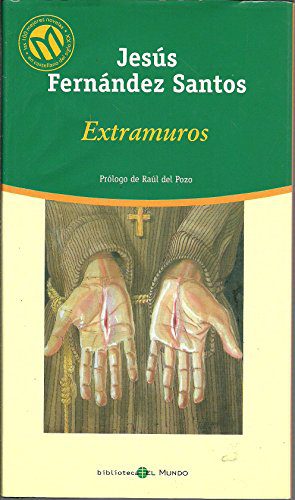Raul del pozo el mundo
Wikipedia
The book, entitled No le des más whisky a la perrita (La Esfera de los Libros), has just arrived in bookstores and to talk about the event its protagonist receives me at his home in Madrid, in one of those urbanizations that used to be called colonies, with narrow streets through which more people than cars pass and where there is a silence unbecoming of the capital.
A book that, by the way, tells among many other things the reservations that Del Pozo himself had and showed, in his own way, during the elaboration, so the first question is, obviously, why someone with such a full life is so reluctant to tell it.
In addition, Del Pozo admits that «it is hard to talk about oneself, because it is to undress, it is to get naked» and shows a certain concern that this happens at a time when «there is a very strong social hypersensitivity, any slip you have you are murdered in the networks, now it is more dangerous than ever to write with some freedom, self-censorship is back». He assures that it is not something that particularly concerns him, but that in these circumstances «you think that what are you going to get into trouble for».
Raúl del pozo
In addition to being a parliamentary chronicler and current affairs analyst, both on radio and television, for example, in María Teresa Campos’ programs Día a día (1996-2004) and Cada día (2004-2005), since 1991 he has been a columnist for the newspaper El Mundo, where, in 2007, he took over from the late Francisco Umbral in the column El ruido de la calle (The noise of the street). In 1991 he opposed the Persian Gulf War, joining the collective Journalists for Peace, which publishes Diario por la Paz, while he stood out as a novelist and writer.
Edu gallant
And he has also had inside, as flesh of his flesh, something more unexpected: love. Concrete love. Undying love, love beyond death. Precisely one of his best memories is when Natalia went to pick him up in her car at the exit of the newspaper. Hence the unforgettable column he published at his near death, entitled Natalia Ferraccioli: Disguising her pain so as not to make us suffer. She was a great lady. Let no one say that the Italians ran all the way to Guadalajara. I have not seen a being as brave as Natalia Ferraccioli. She remained serene even though she heard, like Adrie, the woman in While I Agonized, nailing and sawing her box.
Diario pueblo
In addition to being a parliamentary chronicler and current affairs analyst, both on radio and television, for example, on María Teresa Campos’ programs Día a día (1996-2004) and Cada día (2004-2005), since 1991 he has been a columnist for the newspaper El Mundo, where, in 2007, he took over from the late Francisco Umbral in the column El ruido de la calle (The noise of the street). In 1991 he opposed the Persian Gulf War, joining the collective Journalists for Peace, which publishes Diario por la Paz, while he stood out as a novelist and writer.

